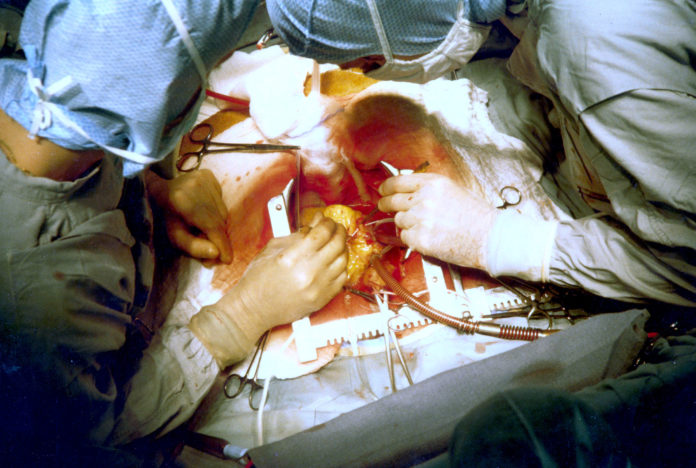In India women are three times less likely to get a kidney
A new study reveals that changes in living kidney donation in the United States over the last decade have varied by sex, resulting in a widened gap in donation between women and men. The figures reflect trends in India where if you are a woman in need of a kidney, you are three times less likely to get one as compared to a man.
Income may be an important factor contributing to this discrepancy, the new study said. The findings, which appeared in the Journal of the American Society of Nephrology (JASN), suggest that strategies to remove financial barriers to living donation may be important to maintain living donation.
India kidney transplant data from 1971 till 2016 available shows that only 4,841 women have got kidneys from living donors against 15,771 men in the same period.
Receiving a kidney from a living donor is the preferred treatment for patients with kidney failure, but the number of living donor transplantations in the United States has been decreasing since 2005. To determine the factors underlying this decline, Jagbir Gill, MD, MPH (University of British Columbia, in Vancouver) and his colleagues examined data from the Scientific Registry of Transplant Recipients and the US Census.

Between 2005 and 2015, the unadjusted rate of living kidney donation was 30.1 and 19.3 per million population in women and men, respectively. After adjusting for differences in age, race, the incidence of kidney failure, and geographic factors, the incidence of donation was 44% higher in women. Over time, the incidence of donation was stable in women but declined in men, resulting in a widened gap in donation between women and men.
In India kidney transplant data from 1971 till 2016 available with the Indian Transplant Registry (a non-government effort supported by the Indian Society of Organ Transplantation) shows that only 4,841 women have got kidneys from living donors against 15,771 men in the same period.
In the US the study found that living donation rates varied by income in both women and men, but the decline in living donation was most marked in men from lower income groups. Finally, the investigators found that living related donations declined in both women and men, in all income groups.
“We found that the biggest drop in donation has been in men, while women have continued to donate at similar rates. We also found that the drop in donation was greatest in lower income populations suggesting that the financial costs of donation may be preventing more men from donating in the current economic climate, leaving more women to donate instead,” said Dr. Gill.


